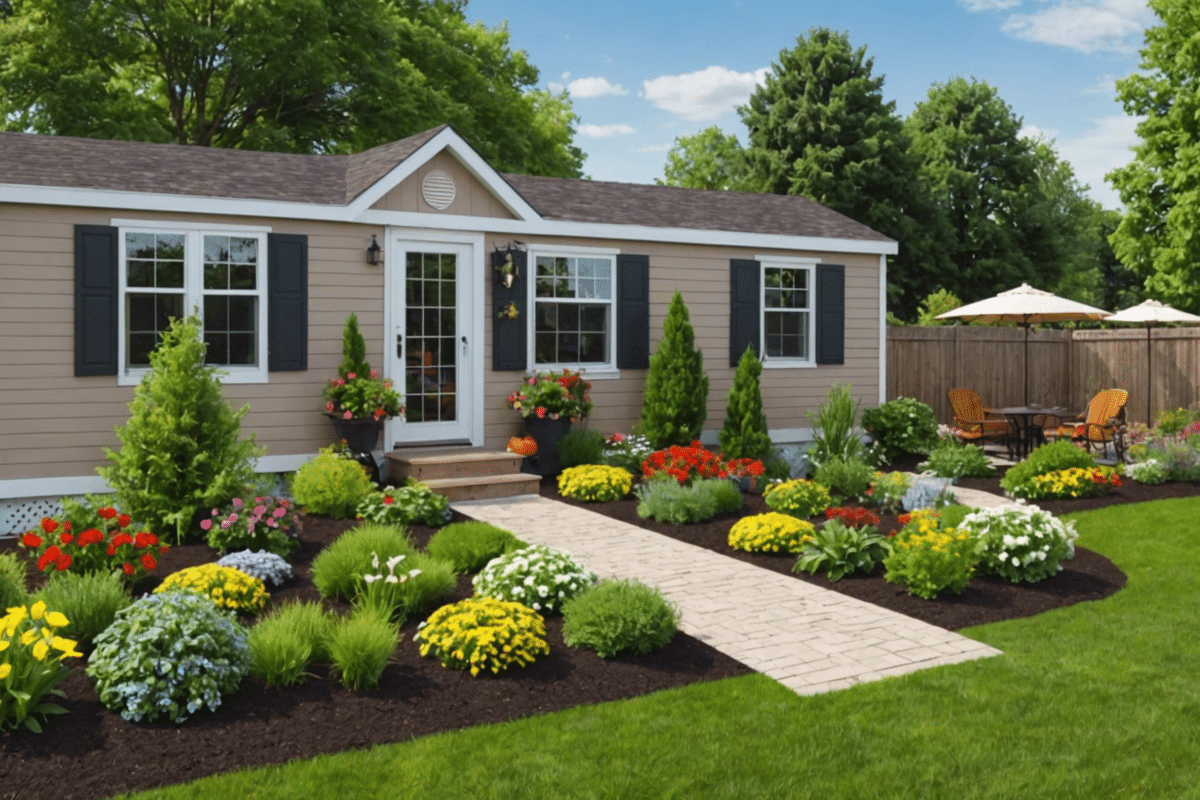Delving into the world of gardening, one can find a plethora of plants that not only enhance the beauty of a garden but also bring a sense of fulfillment to those who cultivate them. Among these, hollyhocks stand tall and proud, with their vibrant blossoms reaching towards the sky. This guide will walk you through the steps to successfully plant and grow hollyhocks from seeds, ensuring that these floral towers become a staple in your garden.
Understanding Hollyhocks

Hollyhocks, or Alcea rosea, are classic garden favorites known for their tall spikes of large, colorful flowers. They can grow up to 8 feet tall and are often used as a backdrop for flower beds or along fences for a dramatic effect. These biennials or short-lived perennials are not only visually appealing but also attract pollinators such as bees and butterflies, contributing to the health of your garden ecosystem.
Choosing the Right Seeds
Selecting high-quality seeds is crucial for growing robust hollyhocks. Look for seeds that are fresh and have a high germination rate. You can find an array of colors and varieties to suit your garden’s palette. When purchasing seeds, consider organic options from reputable suppliers to ensure they are free from harmful chemicals.
Preparation for Planting
Before sowing hollyhock seeds, it’s important to prepare the soil properly. Hollyhocks thrive in well-draining soil with plenty of organic matter. Follow these steps to create an ideal environment for your seeds:
- Choose a sunny location: Hollyhocks need full sun to flourish.
- Test the soil: Aim for a neutral pH and adjust accordingly.
- Enrich the soil: Mix in compost or well-rotted manure to nourish the seeds.
- Ensure good drainage: If necessary, amend heavy clay soils with sand or grit.
Sowing Hollyhock Seeds
The best time to sow hollyhock seeds is either directly outdoors after the last frost or indoors several weeks before the last frost date. To sow seeds outdoors:
- Scatter the seeds on top of prepared soil.
- Cover them lightly with about 1/4 inch of soil.
- Water gently but thoroughly to avoid washing away the seeds.
- Maintain consistent moisture until germination occurs, which typically takes about two weeks.
If starting seeds indoors:
- Fill seed trays with a seed-starting mix and moisten the soil.
- Place two to three seeds per cell and cover lightly with soil.
- Cover trays with plastic to maintain humidity and place in a warm area.
- Once seedlings emerge, remove plastic and place trays in a sunny spot or under grow lights.
Caring for Hollyhock Seedlings
After your hollyhock seedlings have sprouted, it’s essential to provide them with proper care to ensure they develop into strong plants:
- Thin seedlings: When seedlings have developed their first set of true leaves, thin them so that only the strongest remain.
- Transplant carefully: If started indoors, harden off seedlings by gradually exposing them to outdoor conditions before transplanting them into the garden.
- Mulch around plants: This helps retain moisture and suppress weeds.
- Support growth: As they grow taller, hollyhocks may need staking to prevent them from toppling over in strong winds.
Maintenance and Troubleshooting
Hollyhocks are relatively low-maintenance once established but watch out for rust, a common fungal disease that can affect their leaves. Promote air circulation by spacing plants properly and applying organic fungicides if necessary. Regularly deadhead spent flowers to encourage more blooms and prevent self-seeding if desired.
Frequently Asked Questions (FAQ)
When is the best time to plant hollyhock seeds?
The ideal time is after the last frost outdoors or several weeks before it indoors.
Germination usually occurs within two weeks under optimal conditions.
Yes, they require full sun for best growth and flowering.
Promote good air circulation, practice crop rotation, and use organic fungicides if needed.
Incorporating these majestic flowers into your garden not only adds height and color but also supports local wildlife. With patience and care, you can enjoy the regal presence of hollyhocks year after year. Remember that gardening is an ongoing learning experience; each season brings new challenges and opportunities for growth—both for your plants and your skills as a gardener. Embrace this journey with enthusiasm, and let your garden be a testament to your dedication and creativity.












